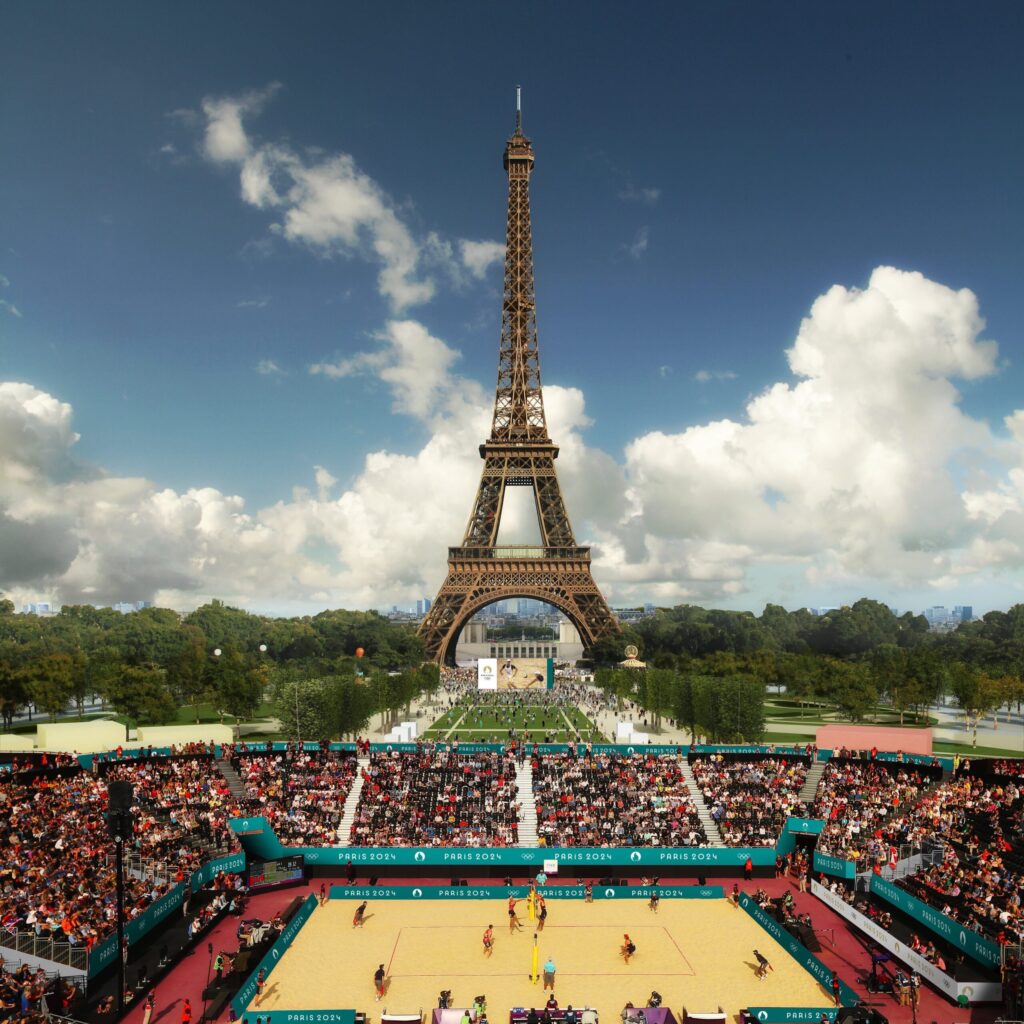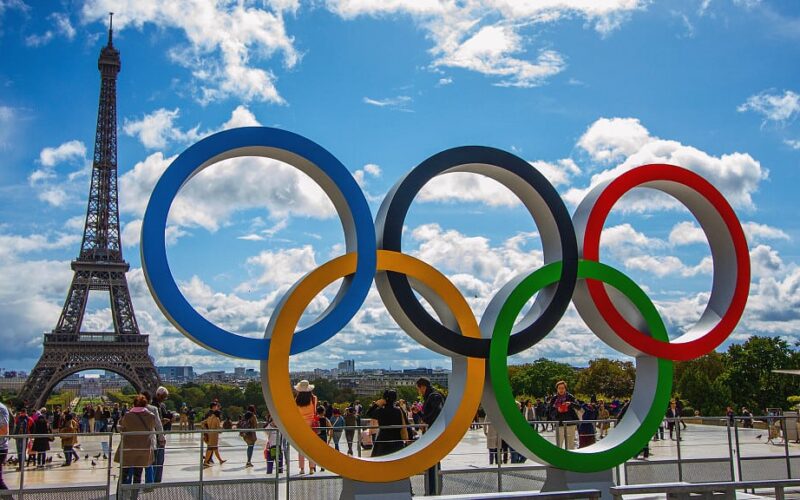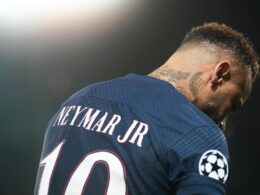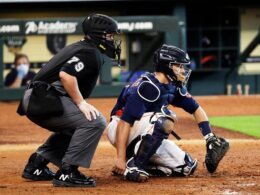The ongoing saga of Russia’s participation in the Paris Olympics has elicited mixed reactions from Olympic officials, athletes, and fans across the globe. The International Olympic Committee (IOC) has yet to render a decision on whether or not Russia will be allowed to participate in the Games due to concerns over its rigorous state-sponsored doping programs. This situation has created a quandary for international sports bodies that are scrambling to clarify the IOC’s stance.
At the heart of this dilemma is an inconsistency between the rules laid out by world sporting federations and those set by the IOC. While many federations wish to bar Russia outright from any sport they govern, they are prevented from doing so without explicit guidance from the IOC. If Russia were found guilty of systemic doping, it would need clearance from World Anti-Doping Agency (WADA) in order for its athletes to compete on any international stage. Given that WADA does not hold power to unilaterally ban countries from participating in major sporting events, such a ban ultimately rests with the IOC’s discretion.
Paris Olympics and the Russian Dilemma
The Paris Olympics are just around the corner, and with it comes the return of the Russian Dilemma.
For those unfamiliar with the term, the “Russian Dilemma” refers to the quandary faced by sports bodies when it comes to dealing with Russian athletes. On one hand, there is a strong desire to uphold the principles of fair play and competition by allowing all athletes to compete on an equal footing. On the other hand, there is an equally strong desire to punish Russia for its state-sponsored doping program, which has been exposed in recent years.
The dilemma was first thrust into the public consciousness during the 2014 Winter Olympics in Sochi, Russia. At that time, many countries considered boycotting the games due to Russia’s involvement in Ukraine. In the end, only a handful of countries did boycott the games, and most athletes competed.
However, taint still hangs over Russia’s head, especially after revelations that its doping program continued during the 2016 Summer Olympics in Rio de Janeiro. As a result, many athletes and countries are calling for a total ban on Russian athletes in Paris.
The International Olympic Committee (IOC) has yet to reach a decision on how to deal with Russia, and it is unlikely that a decision will be made before the start of the games. This has left many athletes and countries in limbo, as they don’t know whether or not they will be competing against Russian athletes in Paris.
What is the IOC?
The International Olympic Committee (IOC) is the world’s highest sporting authority, responsible for maintaining the integrity of the Olympic Games. Based in Lausanne, Switzerland, the IOC is composed of representatives from 206 National Olympic Committees (NOCs), and regulates matters relating to the organisation of the Games, including selection of host cities and participation standards.
The IOC also has an important role in promoting sport around the world, and supports athletes through programmes such as the Olympic Solidarity Fund. The IOC receives its funding primarily from television rights and sponsorships.
What has been decided about Russia’s participation?
The IOC has said that it will not make a decision on Russia’s participation in the 2018 Winter Olympics in Pyeongchang, South Korea until after the World Anti-Doping Agency (WADA) completes its investigation into Russia’s alleged state-sponsored doping program. WADA is expected to release its findings in November.

The IOC has come under pressure from some countries and athletes to ban Russia from the Olympics altogether, but others have argued that punishing innocent athletes would be unfair. The IOC will likely make a final decision on Russia’s participation sometime in December.
Why are sports bodies seeking clarity from the IOC?
As the world’s best athletes prepare to descend on Rio de Janeiro for the 2016 Summer Olympics, many have been left wondering if Russian athletes will be able to compete. This is due to the recent allegations of state-sponsored doping in Russia, which has led to calls for a complete ban of Russian athletes from the Games.
While the International Olympic Committee (IOC) has yet to make a decision on the matter, many sports bodies are seeking clarity from the IOC on the issue. This is because there is a lot at stake for athletes and countries who have been preparing for years to compete in the Olympics.
If Russian athletes are banned from competing, it could have a knock-on effect on other countries as well. For example, if Russia is banned and then decides to retaliate by banning athletes from other countries, it could create a domino effect that would see many athletes unable to compete.
The IOC is expected to make a decision on the matter in early August, just weeks before the Olympics are due to begin. Until then, many athletes and countries will be anxiously awaiting clarity from the IOC on this matter.
Consequences of a lack of clarity from IOC
If the International Olympic Committee (IOC) does not provide clarity on the rules regarding Russian athletes competing in the upcoming Paris Olympics, it could have far-reaching consequences.
First and foremost, it would put the athletes in an impossible position. If they don’t know what the rules are, they can’t possibly abide by them. This could lead to an influx of doping cases, as athletes try to gain any advantage they can.
It would also call into question the fairness of the competition. If some athletes are allowed to compete while others are not, it’s not a level playing field. This could damage the credibility of the Olympics and discourage future participation.
Finally, it would put immense pressure on the IOC itself. The organization would be accused of favouring certain countries or athletes, and would be under intense scrutiny from all sides.
All of this is why clarity from the IOC is so important in this situation. Without it, there could be serious consequences for everyone involved.
International Reactions to the situation
After Paris was announced as the host of the 2024 Olympics, many international athletes and officials began to voice their concerns about the lack of clarity surrounding the status of Russian athletes. Some feared that Russian athletes would be barred from competing in the Olympics if they were found to have been involved in doping, while others worried that Russian athletes would be allowed to compete but not under their own flag.
The International Olympic Committee (IOC) tried to assuage these concerns by issuing a statement saying that it was “fully committed to ensuring that all athletes can compete in the Olympic Games in Paris in 2024”. However, many remain sceptical about the IOC’s ability to effectively address the issue, given its track record on dealing with doping scandals.
Some have called for a complete ban on Russian athletes competing in the Paris Olympics, regardless of whether they have been implicated in doping or not. Others have suggested that Russian athletes should be allowed to compete but only if they do so under a neutral flag.
Whatever the outcome, it is clear that the IOC faces a dilemma on how to deal with Russia and its athletes ahead of the 2024 Olympics.
Conclusion
The IOC needs to come up with a clear and decisive solution for the Russian Dilemma, as decisions that are taken now will have a profound impact on the nature of the Paris Olympics. On one hand, Russia has already been heavily sanctioned for their doping activities but there still remains an element of uncertainty about whether or not they could be allowed to participate in any capacity. On the other hand, these sterile discussions need to take into account broader implications like international reputation and well-being of athlete morale. An optimal decision for all stakeholders is required soon as we draw nearer to the start of this once-in-a-lifetime event.







